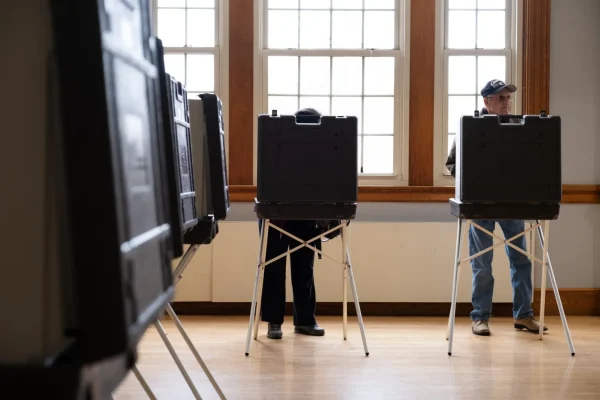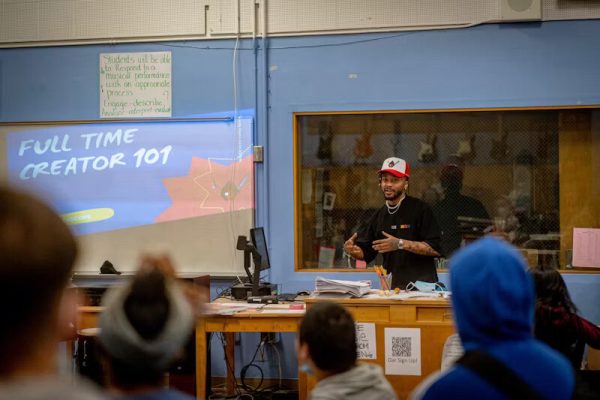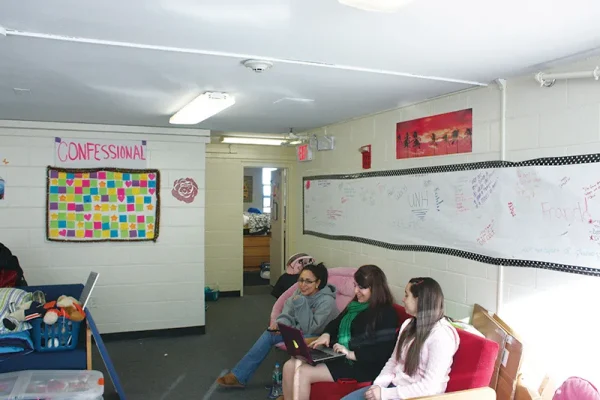Talking wrong about voting
If you ever hear somebody talk about this election, it is very gloom and doom — a vote-or-die type of situation. People yell at you to vote, but never explain what you’re voting for, or to just vote for a single party without doing research.
The truth is voting is a conscious decision that should take time, though, and research, but because of the way we talk about voting, it has just been watered down to just siding with one party. By just voting blue or red, it maintains the two-party system and gives us a lesser of two evils situation. When politicians know you have no other option, it allows mediocrity to enter our system and give us a low-quality representation. Gallup has done the approval rating for congress for decades and currently, only 19% of people approve of the job. When asked about trust and confidence in the legislative branch only 4% have a great deal of trust in our elected officials making laws.
As a result of having low-quality representation and little results, people do not see the direct importance of voting, and it is because we have been talking about voting the wrong way. I believe if people knew the importance of voting and how it affects their everyday life, then turnout in national elections and local elections would go up tremendously. Young people vote less often, so our representation in elected office is very small compared to longtime, older voters.
I believe in two ways to change the way we talk about voting, and it must include power and strategy.
Building power within our community only makes us stronger, and that goes for every marginalized group. We should be figuring out ways to come together and make sure we are present for each other. That means spreading the word and making sure we get our people with our experiences and shared values in office. Now, “all skin folk ain’t folk.” In fact, the opposition will use people from your own community to undermine your power: like using Black people to reinforce the stereotype that we do not work hard, women to speak out against reproductive health, or people within the LGBTQ+ community to undermine trans rights. To combat this, we need people on the ground fighting, and understanding their role so everyone knows what part to play. We need to sustain power in places where decisions are made so our voices are not silenced. Being elected is a good start, but when you have nobody to support or back you, then your voice is limited.
To be a strategic voter in this climate is to see which candidate has more to offer. In the 2020 election, you could not have had two candidates that are more different. Consider this when voting for the other candidates on the ballot within the House of Representatives and Senate in play. Voting in 2020 will determine reproductive rights, another stimulus, education policy, foreign policy, climate change, the courts, healthcare, and voting rights. People do not usually think of this, but in the age of COVID-19, we know how fragile the systems that uphold our government is. Voting at the local level is where change begins. Your local elected officials determine police budgets, in some cases who the chief is, and how other funds are reallocated.
The more we talk about the issues affecting us, the more people we will realize the importance of voting. All the protests we attended over the summer could have results if we vote in this election and hold our elected officials accountable. Get organizers at the forefront and give the people who truly care about us the legislation they need. We need to take care of one another.











